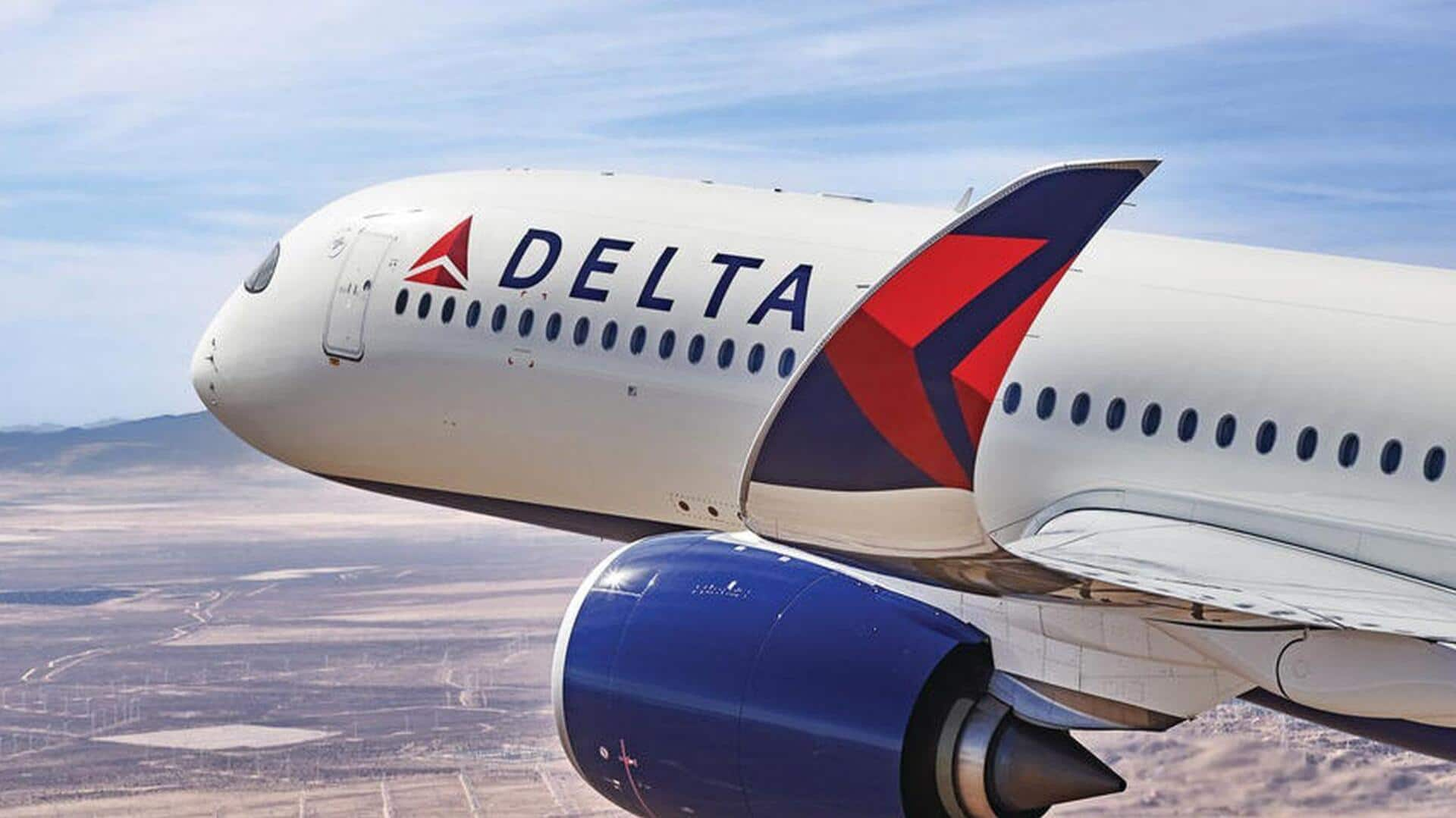
Delta sues CrowdStrike over 'catastrophic' software update disrupting 7,000 flights
What's the story
Delta Air Lines has sued cybersecurity company CrowdStrike after a global outage in July resulted in mass flight cancelations. The disruption forced the airline to cancel 7,000 flights, impacted some 1.3 million customers, and cost it more than $500 million. The lawsuit was filed in Fulton County Superior Court in Georgia, US, where Delta's headquarters are based.
Faulty update
Delta blames CrowdStrike for global disruption
Delta has blamed CrowdStrike's "catastrophic" software update for the global disruption. The airline alleges that the cybersecurity firm "forced untested and faulty updates to its customers, causing over 8.5 million Windows PCs around the world to crash." Not only did this incident affect Delta, but it also resulted in worldwide flight cancelations and impacted various sectors including banking, healthcare, media companies, and hotel chains.
Counterclaim
CrowdStrike refutes allegations
Responding to the lawsuit, CrowdStrike released a statement late on Friday, dismissing Delta's claims as "based on disproven misinformation." The company suggested that these accusations "demonstrate a lack of understanding of how modern cybersecurity works," and are an attempt by Delta to deflect blame for its slow recovery from its failure to update its outdated IT infrastructure.
Compensation claim
Delta seeks compensation for losses and reputational damage
Delta is asking CrowdStrike to pay them over $500 million in direct losses, along with an undisclosed amount for lost profits, legal fees, and "reputational harm and future revenue loss." The airline claims that had CrowdStrike tested the faulty update on even a single computer before deploying it, they could have avoided the computer crashes that resulted in these major business disruptions.
Apology issued
CrowdStrike apologized for faulty software update
Adam Meyers, Senior Vice President at CrowdStrike, has publicly apologized for the faulty software update. He acknowledged that the company released a content configuration update for its Falcon Sensor security software that caused system crashes globally. "We are deeply sorry this happened and we are determined to prevent this from happening again," Meyers said during his apology before Congress last month.